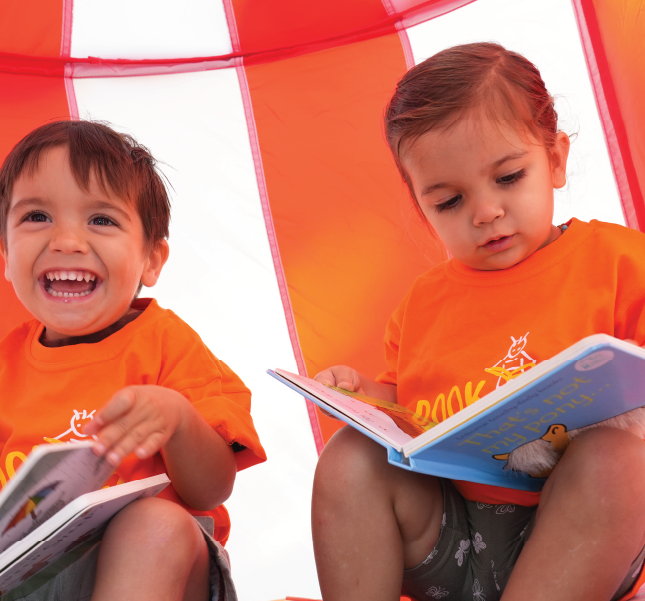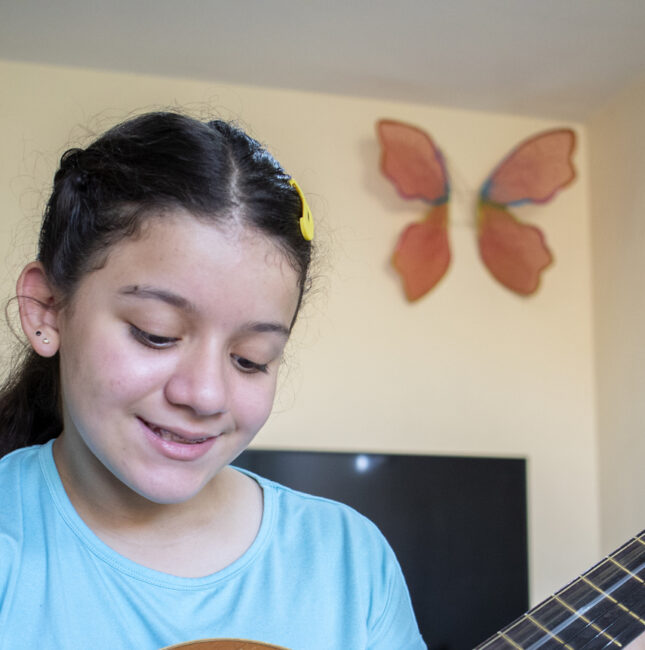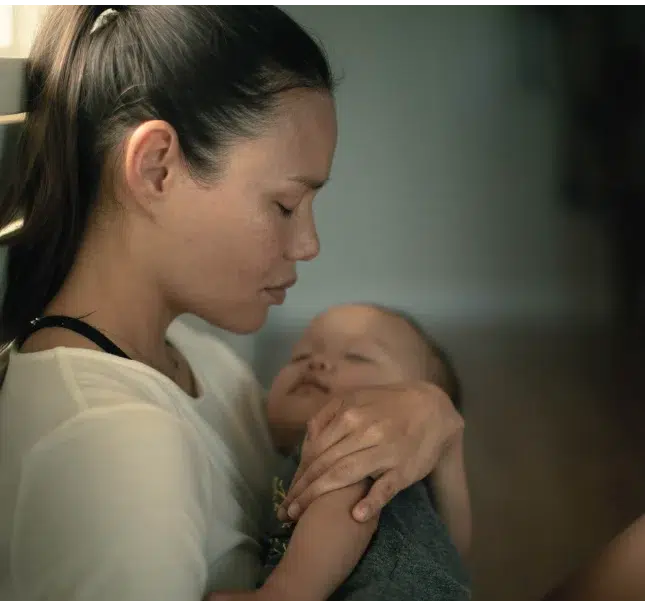The biggest challenges facing young people today
March 26, 2020
In Australia, children aged up to 14 years old make up 18.7% of the population, and they face a number of challenges in life. Being aware of these challenges and helping your child prepare for them can prevent potential problems further down the line. It’ll also help to prepare you, as a parent, for what may come.
Mental health
Unfortunately, mental health concerns are on the rise for young people in Australia, and they’ve been on an upward trend for the past eight years. Black Dog Institute and Mission Australia found that, in 2012, 24.2% of Australia’s youth experienced some type of mental distress. This was a leap from 18.7% in 2009. Lack of support, fear or stigma, and embarrassment are the three leading reasons why Australians aged 15 to 19 don’t speak up about mental health-related issues. Not speaking up can make matters much worse.
Suicide rates
Suicide counted for one-third of the deaths of people aged 15 to 44 in 2018. The most recent report showed that there were 3,046 suicide-related deaths in a single year in Australia. This works out to around 8.3 deaths every day. For every suicide, it’s estimated that 30 more attempt suicide with approximately 65,300 suicide attempts every year. According to the latest Causes of Death data in 2018, there was a 9.8% increase in the number of suicides in a single year for Australians aged 15 to 24. One study showed that youth-specific interventions using community, clinical and educational settings can reduce suicide rates.
Juvenile detention
In 2018, on any average night, there were roughly 980 young people in juvenile detention centres across Australia. Over 84% of these young people fell between the ages of 10 to 17. Young people end up in juvenile detention centres for a variety of reasons, and there is a high probability that they’ll reoffend. One 2017 study showed that roughly 74% of people who leave the detention centres return within 12 months for another stint.
Family violence
Family violence is a huge issue in Australia, but it’s particularly concerning for people below the age of 17. Young people are particularly vulnerable to family violence because they are often trapped, without anywhere else to go to escape it. In 2017, more than 34,000 children in Australia found themselves homeless due to family violence. In the past few decades, family violence episodes have significantly increased. Statistics by the WA police show that the number of family violence reports went up by an astronomical 708% in the past 20 years.
Societal pressure
As a society, we put a lot of pressure on young people to succeed at everything they do. This immense pressure can lead to problems with anxiety, depression and suicidal ideations. One study from 2015 showed that nearly 47% of 15-year-old students in Australia feel pressure to perform well in school making them tense and anxious.
We need to nurture Australia’s youth. They need all of the support they can get from the community, family and friends. At CatholicCare, we have a host of services that empower youth, nurture them and give them the coping skills they need to succeed in life.
We have parent education workshops, counselling, family dispute resolution and mediation services, emergency relief, a drug and alcohol program specifically for youth and much more. Visit website and reach out for more information.
More news stories like this one
Changing lives through literature
Many of us take it for granted that our kids will grow up learning to read and write, yet for many children throughout Australia, this is not the case. Lack of education and early literacy can affect children throughout their lives and lead to psychological damage, poor health, fewer job opportunities and lower incomes.
Read MoreBuilding a support network makes all the difference for Julia
It was May 2022, and Julia’s whole body went numb as she sat in a hospital room with her 14 year old daughter, Anna. They'd been discharged from the hospital, but they had nowhere to go.
Read MoreThe importance of post natal mental health
Parenthood can be an extremely emotional time for everyone as it brings immense change. It can be both joyous and...
Read More


